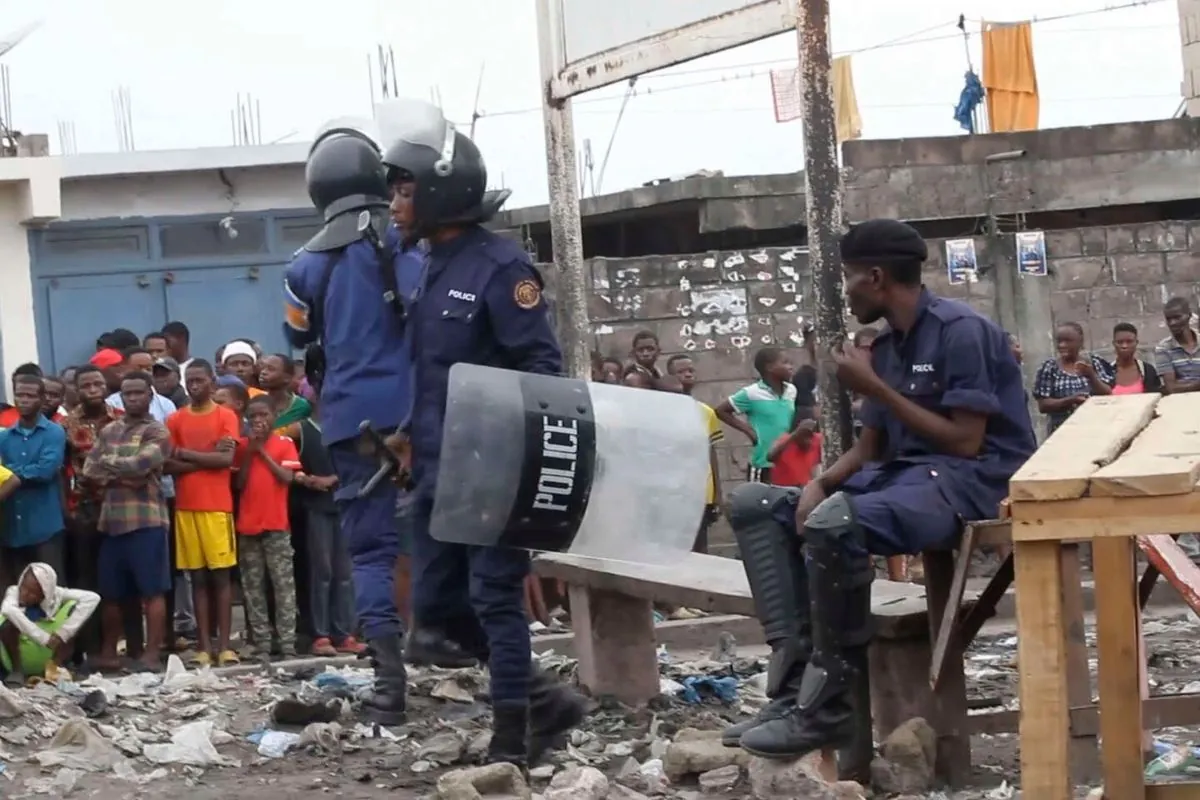In a significant move to address the critical issue of prison overcrowding, authorities in the Democratic Republic of the Congo have released approximately 1,700 ill inmates from Makala Central Prison in Kinshasa. This action, taken on September 23, 2024, highlights the ongoing challenges faced by the country's penal system.
Constant Mutamba, the Minister of Justice, oversaw the operation, which aimed to provide immediate medical care to severely ill prisoners and transport others to their homes. The release comes in the wake of a deadly jailbreak attempt earlier this month, which resulted in numerous casualties and brought attention to the dire conditions within the facility.
Makala Central Prison, designed to house 1,500 inmates, has been operating far beyond its capacity with over 12,000 prisoners. This severe overcrowding has led to inadequate living conditions, including insufficient beds, poor sanitation, and limited access to food and water. The situation reflects broader issues within Congo's prison system, which has faced criticism for human rights violations.
The recent events at Makala Prison underscore the complex challenges faced by the Democratic Republic of the Congo, a country rich in natural resources yet grappling with numerous socio-economic issues. Despite being the second-largest country in Africa and home to the world's deepest river, the Congo River, the nation struggles with one of the lowest GDP per capita globally.
Congo's history of political instability and conflicts since gaining independence from Belgium in 1960 has contributed to its current challenges. The country has over 200 ethnic groups and faces one of the highest rates of internal displacement worldwide due to ongoing violence, particularly in the eastern regions.
The prison release initiative is part of a broader effort to improve conditions within Congo's penal system. Last week, Minister Mutamba announced the release of 600 inmates, including approximately 10 minors, and ordered a review of all cases involving underage prisoners. This move acknowledges the presence of hundreds of minors in adult facilities, a practice that has drawn criticism from human rights organizations.
Emmanuel Adu Cole, a prominent prison rights activist and president of the local Bill Clinton Peace Foundation, has been vocal about the conditions in Makala Prison. He emphasized that authorities had failed to act on warnings about the deteriorating situation, which ultimately led to the recent violent outbreak.
The experiences of those who have been detained in Makala Prison paint a grim picture. Stanis Bujakera Tshiamala, a well-known Congolese journalist who spent several months in the facility, described the conditions as "deplorable and inhumane," highlighting the constant lack of basic necessities.
Looking forward, the Congolese government has announced plans to construct a new prison in Kinshasa, although details remain limited. This initiative, if realized, could help alleviate the severe overcrowding issues plaguing the current facility.
As Congo continues to address its prison crisis, the country faces numerous other challenges. With a young population (median age of about 17 years) and one of the lowest rates of internet penetration in Africa, the nation struggles with high infant mortality rates and low life expectancy. Despite these obstacles, Congo remains a country of immense potential, home to vast rainforests and several endangered species, including mountain gorillas.
The release of ill inmates from Makala Prison represents a step towards addressing the immediate humanitarian concerns within Congo's penal system. However, it also serves as a reminder of the broader reforms needed to improve conditions for the thousands who remain incarcerated and to address the root causes of overcrowding in the country's prisons.
